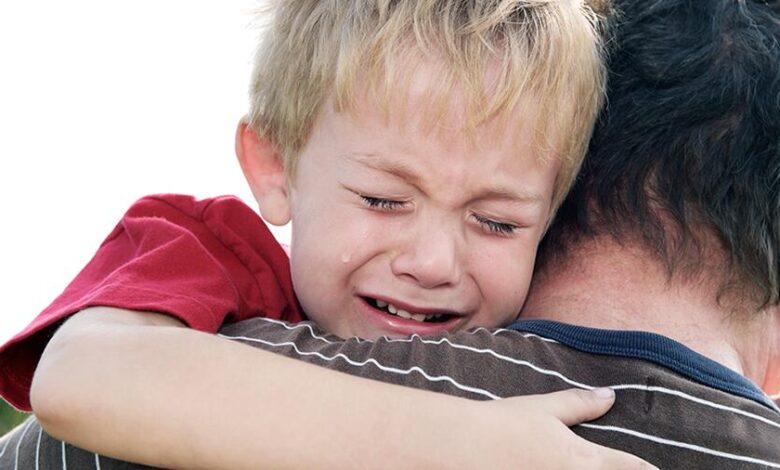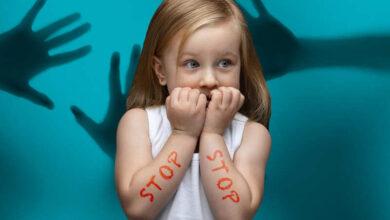Panic attacks in children during the war: a problem that needs attention

When war enters a child’s life, it brings with it not only physical threats, but also invisible but devastating psychological consequences. A child who yesterday was carelessly playing in the yard or dreaming about the future, today may face panic attacks — sudden attacks of fear that seem unjustified, but are actually a reaction to accumulated stress. Sirens, explosions, separation from loved ones, living in a basement or being forced to move to another city – all this can cause a small person a sense of danger that does not disappear even in relative peace. Panic attacks become the voice of this anxiety that has not found another way out.
What is a panic attack?
A panic attack is a sudden attack of intense fear or anxiety that occurs for no apparent reason. For children, this phenomenon can be especially scary, because they do not always understand what is happening. Panic attacks are often accompanied by the following physical symptoms:
- rapid heartbeat;
- dizziness;
- trembling or weakness in the body;
- feeling of suffocation or lack of air;
- strong fear or even a feeling of “unreality”.
Young children usually do not know how to express their emotions in words, so this phenomenon often becomes a mystery to parents. A child may complain of physical discomfort rather than an emotional state, which makes it difficult to understand his problem.
Features of panic attacks in children
Children experience panic attacks somewhat differently than adults. It is important to consider three key features:
Difficulty expressing emotions
Children are rarely able to explain exactly what is bothering them. They often describe only physical symptoms, such as stomach or headache pain, dizziness, or simply saying they feel “unwell.” Because of this, the connection between the emotional state and physical manifestations remains hidden both for the children themselves and for their parents. In such cases, adults may underestimate the seriousness of the situation.
Tendency to avoid situations
After experiencing a panic attack, a child may begin to avoid certain places or activities that are associated with the feeling of fear. For example, if a panic attack occurred while at school, the child may refuse to attend. Such avoidance becomes a kind of protection mechanism, but at the same time limits the child’s daily life and can lead to social isolation.
Nocturnal panic attacks
Panic attacks can occur even in sleep. The child wakes up in a state of great fear, often crying, not understanding what exactly scared him. Nocturnal attacks not only affect the quality of sleep, but also increase the general anxiety of the child, leaving a feeling of helplessness even in a relatively calm environment.
How to help a child during a panic attack
Helping a child at this difficult time requires patience and clear actions. Your reaction should be as calm as possible. Show that you are there and ready to help. Your confidence will help the child feel safe.
Deep and slow breathing is one of the most effective ways to calm down. Try the following exercise with your child:
- inhale through the nose to the count of 4;
- breath hold for 4 seconds;
- slow exhalation through the mouth to the count of 6.
Tell the child that a panic attack is a temporary phenomenon and will pass. Explain that her feelings, although scary, are not dangerous.
The child should know that he is supported and loved at home. Avoid conflict, talk to her about her feelings and help her express her emotions.
If panic attacks are repeated, consult a psychologist or neurologist. A specialist will help determine the causes of anxiety and suggest appropriate treatment or therapy.
How to prevent panic attacks
A clear schedule of sleep, physical activity and nutrition is the key to emotional health. Maintain a balance between study and recreation.
Make sure the child gets enough nutrients. Low blood sugar can contribute to increased anxiety.
Be near. Talk to your child, listen to him and support him. Let her know that her feelings are important to you.
Panic attacks are a test for both the child and his parents. But thanks to care, patience and support, you can help the child feel better. Do not leave her alone with fear. Your love and understanding is the strongest weapon against anxiety. Remember that together with specialists you will be able to overcome even the most difficult moments.





